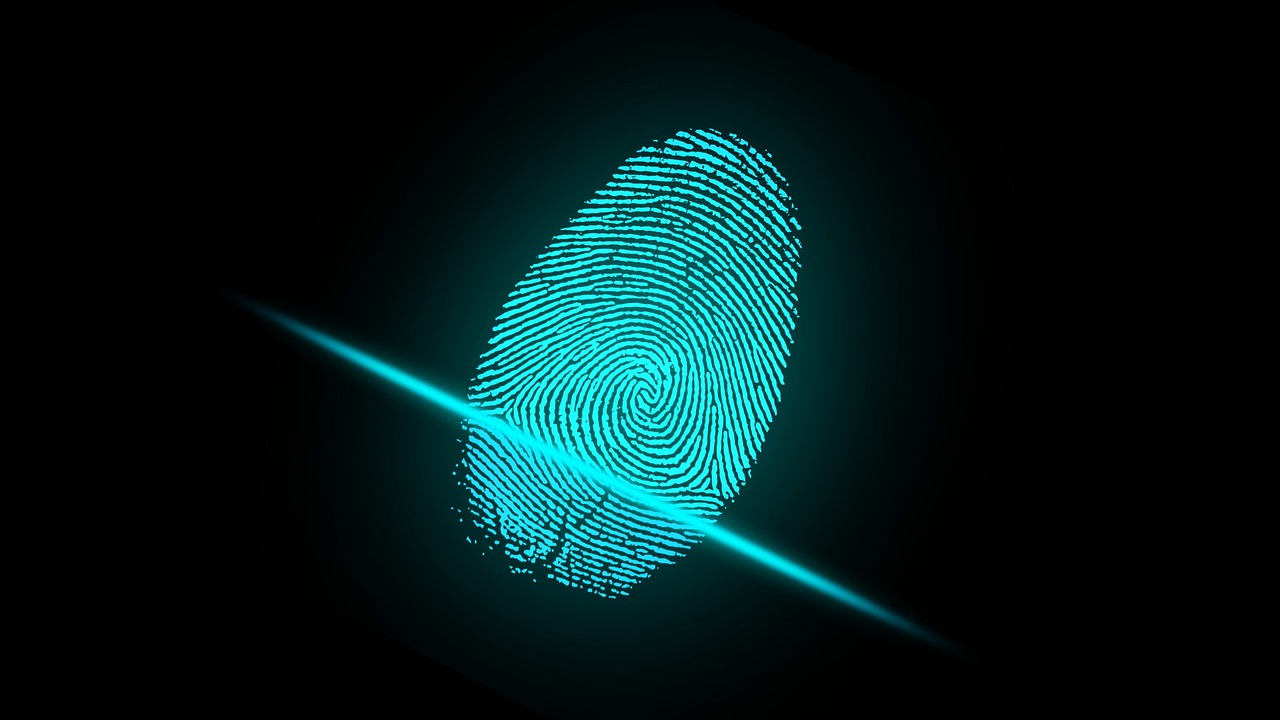 Timekeeping technology has advanced greatly in the past decade. The old mechanical time clocks are few and far between, as many businesses now use some form of technology to have employees clock in and out, whether it’s logging into a website, or something more hi-tech like fingerprint scanning or other form of biometric timekeeping.
Timekeeping technology has advanced greatly in the past decade. The old mechanical time clocks are few and far between, as many businesses now use some form of technology to have employees clock in and out, whether it’s logging into a website, or something more hi-tech like fingerprint scanning or other form of biometric timekeeping.
In the timekeeping context, biometrics refers to the measurement of people’s physical characteristics and use of that information to track when they come and go from work. The unique advantage of a biometric timekeeping system is that employees cannot clock in or out for one another (“buddy punching”).
Although the use of biometrics in timekeeping is on the rise, it’s still far from commonplace. Currently, laws specifically related to this practice in the employment setting are limited. However, employers considering the use of biometric timekeeping systems should be aware that the information collected is likely protected by privacy laws and should be stored with heightened security. Additionally, as the practice spreads we can expect to see more states drafting their own legislation on the issue.
Note: Employers in New York may not make fingerprinting a condition of employment. They may request that employees submit to fingerprinting, but if an employee refuses they may not be terminated or discriminated against in any way as a result. Employers who wish to use biometric data for timekeeping or other purposes may instead require different identifiers, such as scans of facial or hand geometry.
We recommend that employers take the following steps if implementing a biometric timekeeping system:
- Inform employees in writing that biometric information will be collected.
- Explain the purpose for which the information will be used.
- Obtain the employee’s written and signed consent to use the information.
- Refrain from selling, trading, or in any way profiting from the information.
- Refrain from disclosing or disseminating the information unless you obtain the employee’s permission or disclosure of the information is required by law.
- Use, transmit, and store the information with at least the same amount of protection as other confidential and sensitive information.
Download this customizable Biometric Date Collection and Use Notice and Consent Form to provide employees with information about your practices and document their authorization.
Read more information about GTM’s automated timekeeping solutions, and contact us at (518) 373-4111 to learn more.

